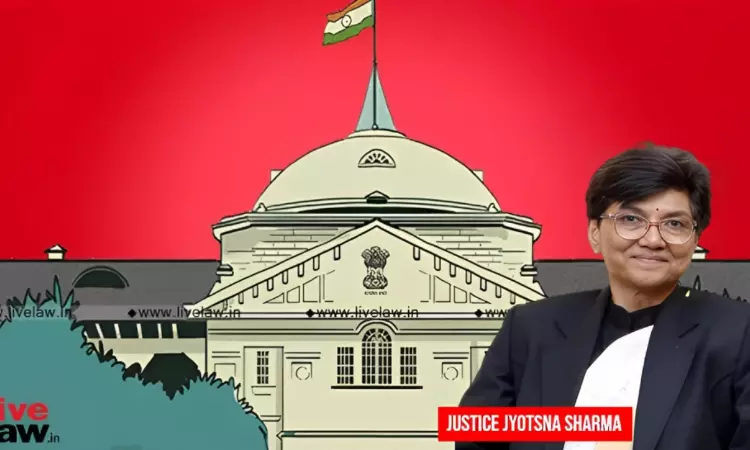'Unfortunate, Chinks In Majesty Of Law Are Wide Open': Allahabad HC Acquits Man U/S 306 IPC Who Underwent Entire 8-Yr Sentence
Sparsh Upadhyay
24 Aug 2023 1:12 PM IST

Next Story
24 Aug 2023 1:12 PM IST
The Allahabad High Court on Wednesday acquitted a man who was convicted by the trial court under section 306 IPC and sentenced to undergo imprisonment of 8 years over allegations of instigating/abetting the suicide of his wife.Having analysed the evidence on record, the Court said that some more overt act, though maybe an indirect one, was required on the part of the accused to bring his acts...
